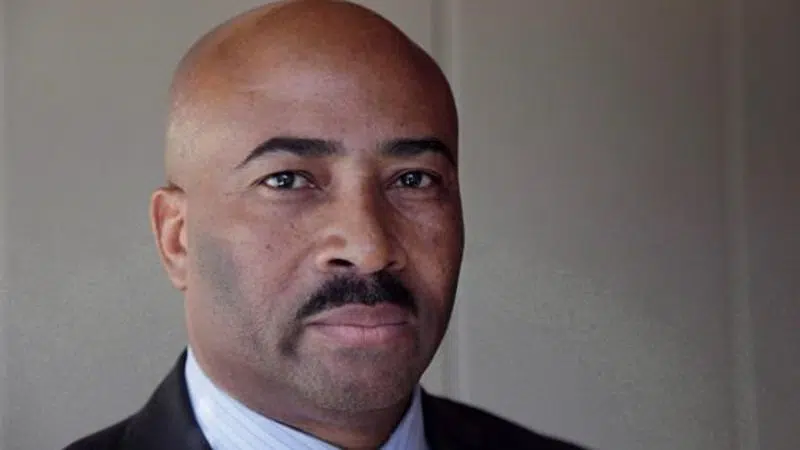
Senate ethics officer asks upper chamber to be more open with documents
OTTAWA — The Senate’s ethics watchdog is telling the upper chamber to provide him documents more quickly to speed up investigations and strengthen his independence.
Pierre Legault recommended in a report that senators use parliamentary privilege in fewer instances to withhold files, reports and emails from him, particularly in cases of sexual harassment.
He wrote that slow responses and refusals could affect the findings of a probe, cause unnecessary delays and potentially compromise the watchdog’s independence.
Legault also says the ethics officer should weigh in on a harassment case only if the upper chamber determines it is significant enough to cause damage to the reputation of the Senate.
